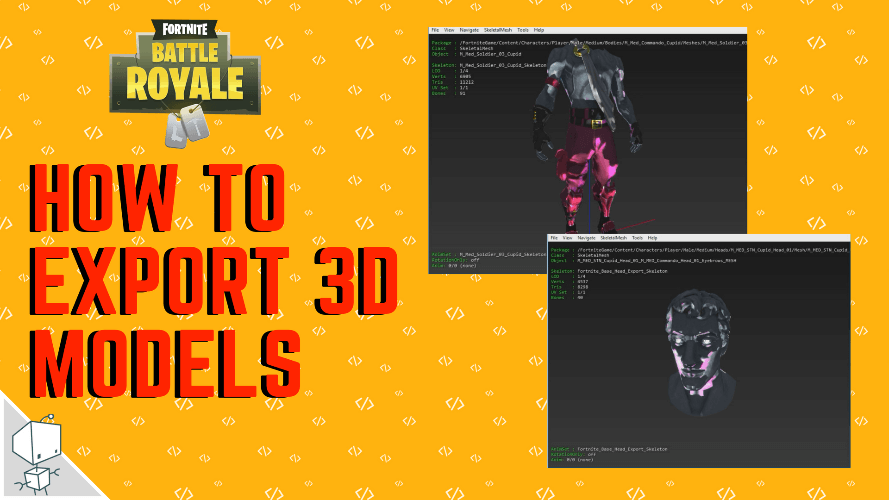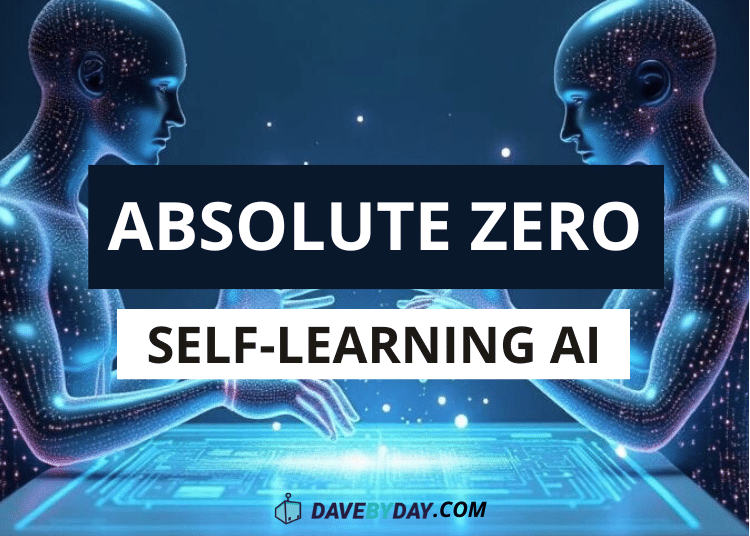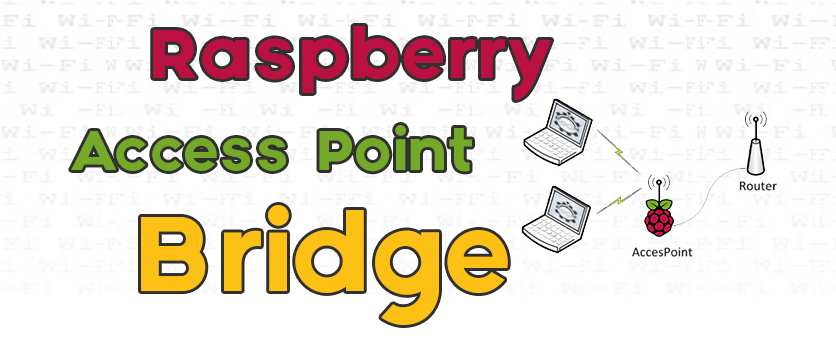Absolute Zero: AI’s Leap Towards Self-Improvement and the Future of Reasoning
The Challenge of Data Limitations in AI Development
For years, the progress of large language models (LLMs) has been fueled by massive datasets – essentially, everything the internet has to offer. However, we’re reaching a point of diminishing returns. The readily available data created by humans is finite. Scaling LLMs further requires overcoming this limitation, and a recent research paper, titled “Absolute Zero,” proposes a groundbreaking approach to achieve just that.
Introducing Absolute Zero: Learning From Scratch
The core idea behind Absolute Zero is to move beyond reliance on human-generated data and enable AI to learn *from itself*. Instead of being fed existing information, the model generates its own problems, attempts to solve them, and then self-evaluates its performance, assigning rewards or penalties based on the outcome. This concept isn’t entirely new – it’s been successfully applied in areas like AlphaGo, where the AI learned to master the game of Go by playing against itself. However, applying this principle to general reasoning and coding represents a significant leap forward.
How Does It Work? The Adversarial Setting
The system operates within an “adversarial” setting. One component of the model acts as the “proposer,” tasked with creating challenging but solvable problems. The other component functions as the “resolver,” attempting to solve these problems. The proposer aims to maximize the difficulty of the problems, while the resolver tries to minimize errors. This dynamic encourages continuous improvement for both components. The resolver’s performance is evaluated, and it receives rewards for correct answers and penalties for errors. This reinforcement learning loop allows the model to learn and refine its reasoning abilities over time.
Why Synthetic Data? Breaking the Human Data Bottleneck
The key advantage of this approach is the ability to generate an unlimited amount of synthetic data. This is especially crucial for complex tasks like coding and mathematical reasoning, where the evaluation process can be deterministic. This means that given a problem, it’s possible to objectively verify whether the solution is correct. This contrasts with tasks requiring subjective assessment (like evaluating poetry), where generating synthetic data for training is far more difficult.
Absolute Zero Reasoner: Performance and Results
The research team introduced the “Absolute Zero Reasoner” (AZR), a system trained solely on this self-generated data. Remarkably, AZR achieved state-of-the-art (SOTA) performance on coding and mathematical reasoning benchmarks, surpassing existing models that relied on human-created datasets. This demonstrates that AI can not only learn effectively from synthetic data but can also surpass models trained on traditional datasets.
Implications for Scalability and Generalization
The success of AZR has profound implications for the future of AI. By eliminating the reliance on scarce and potentially biased human data, this approach unlocks the potential for truly scalable and generalizable AI systems. As AI becomes more capable of generating its own training data, it can continuously improve and adapt without being limited by the constraints of human knowledge. This raises the exciting possibility of AI systems that surpass human intelligence and drive innovation in a wide range of fields.
Resources and Access
The researchers have made their work publicly available, including:
- Code Repository: https://github.com/LeapLabTHU/Absolute-Zero-Reasoner – Contains the code for training and evaluating AZR.
- Pre-trained Models: https://huggingface.co/collections/andrewzh/absolute-zero-reasoner-68139b2bca82afb00bc69e5b – Offers pre-trained models of various sizes (7B, 14B, 30B parameters).
- Project Landing Page: https://arxiv.org/abs/2505.03335 – Provides further details, visualizations, and examples.
The Future of AI: A Paradigm Shift
This research represents a paradigm shift in AI development. By enabling AI to learn from itself, we’re not just improving performance – we’re unlocking the potential for truly autonomous and intelligent systems. While challenges remain, the success of Absolute Zero signals a promising future where AI can drive innovation and solve complex problems without being limited by the constraints of human knowledge.





















